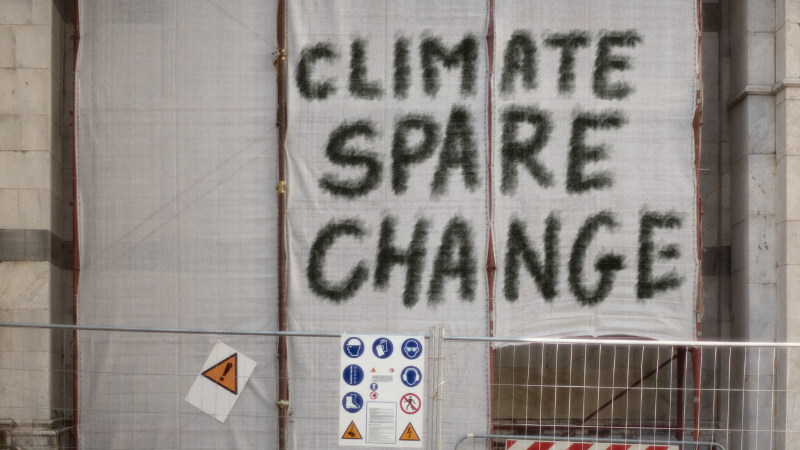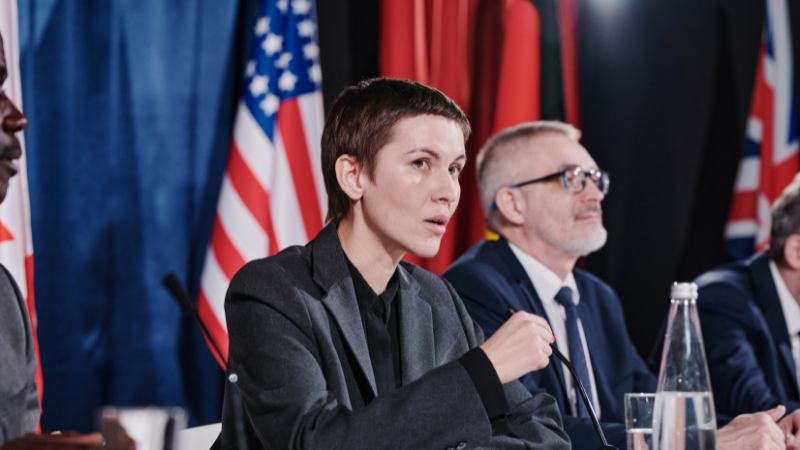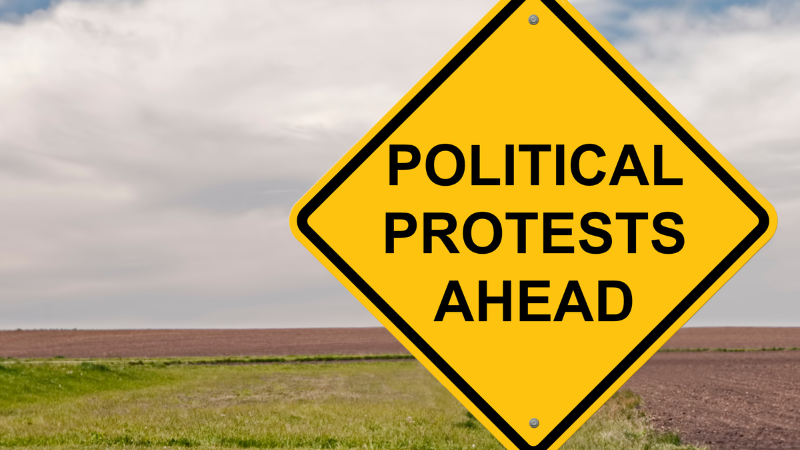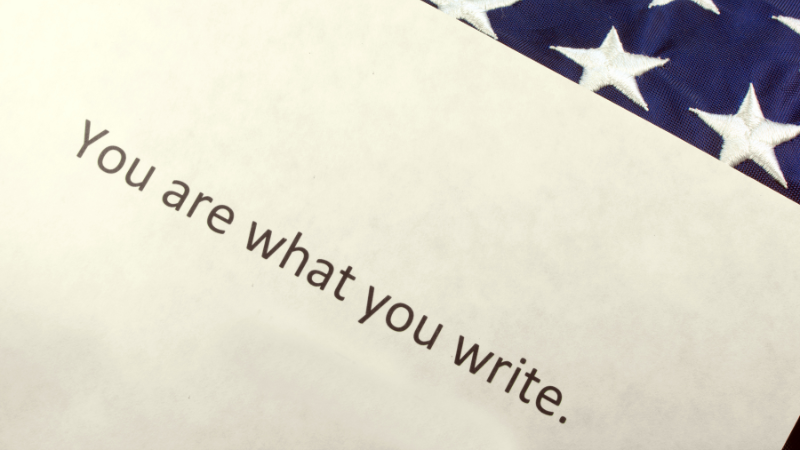Political satire is a powerful tool that shapes how we think about politics. It goes beyond mere entertainment, holding a mirror to society and challenging the status quo. But how exactly does it influence public opinion? Today, we’ll explore the ways in which satire impacts political perceptions, behaviors, and beliefs.
What is political satire?
Political satire uses humor, irony, exaggeration, or ridicule to criticize and comment on political events, figures, and institutions. It aims to highlight the absurdities and shortcomings of the political system, making complex issues more understandable and engaging for the public.
Political satire has a long history, dating back to ancient Greece and Rome. Playwrights like Aristophanes and poets like Juvenal used satire to comment on the political issues of their time. In more recent history, satirical publications like “Punch” in the 19th century and “The Onion” today continue this tradition, reaching wide audiences through print and digital media.
How it shapes public opinion
It simplifies complex issues
One of the primary ways political satire influences public opinion is by simplifying complex issues. Satirical shows like “The Daily Show” and “Last Week Tonight” break down complicated topics into digestible, humorous segments. This makes it easier for people to understand and engage with these issues, often leading to increased political awareness and interest.
Highlights hypocrisy and corruption

Satire often focuses on the hypocrisy and corruption within politics. By exaggerating the flaws and mistakes of politicians and institutions, satirists make these issues more visible to the public. This can lead to greater scrutiny and accountability, as people become more critical of their leaders and demand higher standards of integrity.
Fosters critical thinking
Political satire encourages critical thinking by presenting alternative perspectives on political issues. It challenges viewers to question the official narratives and consider different viewpoints. This can lead to a more informed and skeptical public, less likely to accept political rhetoric at face value.
Reduces political polarization
In a highly polarized political climate, satire can serve as a unifying force. By poking fun at both sides of the spectrum, satirists can create a space where people with different viewpoints can come together and laugh at the absurdities of politics. This shared humor can help bridge ideological divides and promote a more open and tolerant discourse.
Influences political engagement
Studies have shown that exposure to political satire can increase political engagement. People who watch satirical news shows are more likely to follow the news, discuss politics with others, and participate in activities like voting and protesting. It can make politics more accessible and engaging, motivating people to get involved.
Impacts political attitudes

Satire can also influence people’s political attitudes. By highlighting the flaws and contradictions in political arguments, it can shift public opinion on specific issues. For example, a satirical sketch mocking a politician’s stance on climate change can make viewers more skeptical of that politician’s arguments and more supportive of environmental policies.
Satire in authoritarian regimes
In authoritarian regimes, political satire often takes on a different role. It can be a form of resistance and dissent, using humor to criticize and undermine oppressive governments. As such regimes increasingly crack down on free speech, the role of satire as a tool for political expression and resistance becomes even more important.
Role of satire in modern media

Satirical news shows
Satirical news shows like “The Colbert Report” and “Full Frontal with Samantha Bee” have become a significant part of the media landscape. These shows blend comedy with serious commentary, attracting large audiences and influencing public discourse. They often cover stories that mainstream news outlets overlook, bringing attention to important but underreported issues.
Social media and viral satire
Social media has amplified the reach of political satire. Satirical content can go viral, reaching millions of people and sparking widespread discussions. Memes, videos, and satirical articles are shared across platforms like Twitter, Facebook, and Instagram, making satire an integral part of the online conversation.
Satirical cartoons and comics
Political cartoons and comics have long been a staple of satire. Publications like “The New Yorker” and “Charlie Hebdo” use cartoons to comment on current events and political issues. These visual satires are often powerful because they can convey complex ideas quickly and effectively.
Limits and criticisms

Preaching to the choir
One criticism of political satire is that it often preaches to the choir, reinforcing the beliefs of those who already agree with its message. Satirical shows tend to attract viewers who share the show’s political leanings, which can limit the broader impact of the satire.
Potential for misinformation
Satire, by its nature, exaggerates and distorts reality. While this can highlight important truths, it can also spread misinformation if viewers take the exaggerated content at face value. This risk is particularly high on social media, where satirical content can be taken out of context.
Desensitization
Another concern is that constant exposure to political satire can desensitize people to serious issues. If everything is treated as a joke, some argue, it may lead to cynicism and apathy rather than engagement and action. Balancing humor with a sense of urgency and importance is crucial for effective satire.
In summary
While it has its limitations and criticisms, the impact of political satire on public opinion is undeniable. By simplifying complex issues, highlighting hypocrisy, fostering critical thinking, and encouraging political engagement, it plays a vital role in our political discourse.

